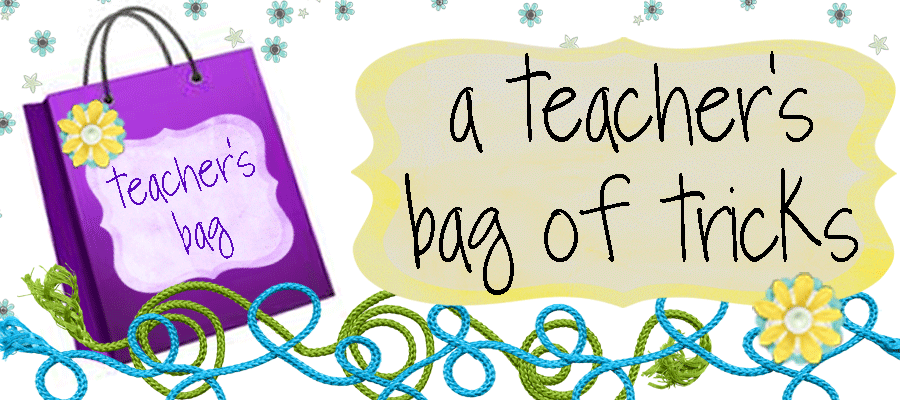I love doing lit circles and have done them in a number of grades and schools, adapting over time to what I find to be a perfect set up now, though with every new class comes new ideas.
Even still, I am always finding new and innovative ways to improve lit circles and try new things and that is what this post is about, sharing some of those ideas.
This is taken from this blog post which you should check out.
Background
I divided my 29 students into six groups, and the students were allowed to decide with whom they worked. Throughout the year, each group read chapter books of their choosing, one after the other. All of the paperless work was completed in Schoology, our learning management system (LMS).
The students met for literature circles twice a week -- Mondays and Fridays -- for about 40 minutes per session. Here's what happened on each of those days.
Mondays
All six groups met, with four in the classroom and two in the hallway. After the groups came together, students confirmed their jobs for the week, which had to be completed by Friday. There were eight job descriptions:
Here are the directions that accompanied every job:
- Your homework (at least 6-8 sentences) should be posted to your Literature Circle group as a new discussion.
- Name the discussion "Job title, pages." (e.g. Connector, 1-52)
- For extra credit, attach a completed Role Sheet to your discussion. (The Role Sheets were from Literature Circle Role Sheets for Fiction and Nonfiction Books and Literature Circles: The Way to Go and How to Get There.)
- Quality comment on the discussions of others. Post your discussion early to leave time for others to comment.
After the students confirmed their jobs, they started their reading for the week, which consisted of about 40 pages from their book. They read with each other's jobs in mind, as they were encouraged to continually pause, discuss the book through the lens of their individual tasks, and take notes on what they learned from classmates.
Fridays
Students met to discuss the week's reading through their Schoology discussion forum posts (and optionally the role sheets). However, on a weekly basis, before everyone separated into groups, we investigated as a class how their posts could be used as conversation starters, but not as the conversation itself. As Stephanie Harvey and Harvey Daniels explain, when used improperly "these role sheets quickly become mechanical, hindering rather than empowering lively, spontaneous book talk" (p. 248).
To promote in-depth conversation, we were constantly coming up with sentence starters that would assist in uncovering a deeper understanding of what was read through rich inquiry and debate. (As a starting point, we called upon prompts from Integrating Differentiated Instruction and Understanding by Design and Embedded Formative Assessment.) In the end, the goal was for students to collaborate through the use of their own "thick" questions and without assistance from the teacher, outside resources, jobs, or role sheets.
During both the Monday and Friday sessions, I simply traveled from group to group, helping them to stay on task and facilitate conversation. As the school year progressed, the majority of the groups no longer needed my assistance.
During each Friday session I let all of the groups know when five minutes remained. At that point, the students individually completed and handed in either the Individual Rating Report (adapted from the Literature Circles book) or the Progress-Process Person form (adapted from the Literature Circle Role Sheets book). We alternated which handout was used on a weekly basis.
On the Individual Rating Report, students graded themselves on a scale for such statements as:
There were also a few open-ended questions involving what was learned, what questions existed, and what could be improved upon for next time.
On the Progress-Process Person form, students rated all of their group members on a scale regarding whether or not they were prepared, how much they contributed while also encouraging others to contribute, and if they remained focused.
In the End
My process represents one of countless ways to facilitate literature circles, so feel free to take it, argue with it, or adapt it to fit your students' needs.
If I were to return to the classroom and revise this process, it would be interesting do away with the jobs and role sheets altogether and have the students "take full responsibility for capturing their during-reading responses using Post-its, text annotations, bookmarks, and journals" (Harvey & Daniels, 2015).
How do you or could you run literature circles in your classroom? Could literature circles work across all content areas, and not just language arts?
